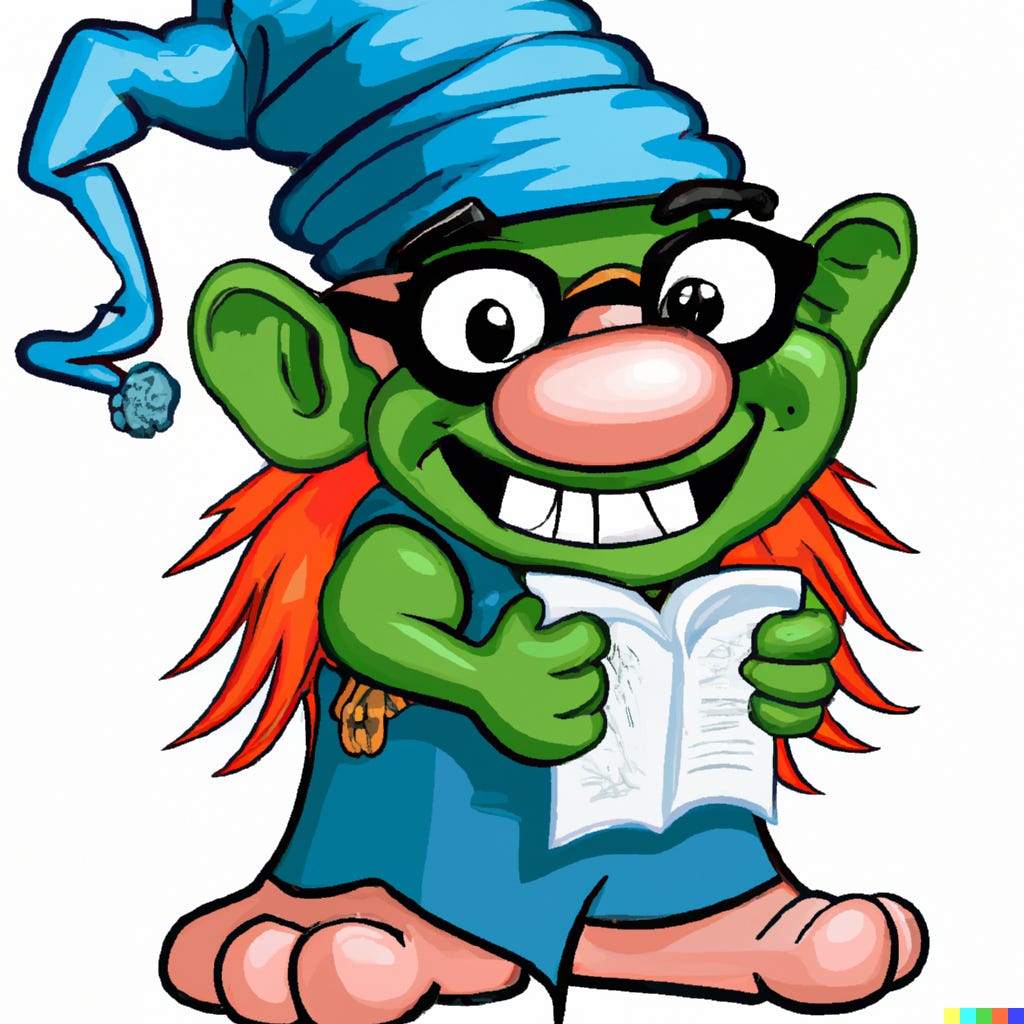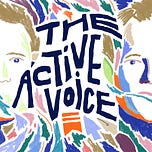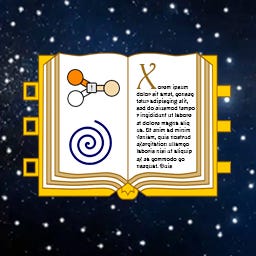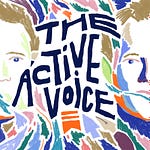Even among politics and media junkies, few people had heard the name
before 2020. But then, as the pandemic intensified online tribalism, the political scientist emerged with a provocative analysis that carried the headline “Why Is Everything Liberal?” The piece, which explores why almost every major institution in the U.S. leans left, did the rounds on Twitter, announcing Richard’s arrival as a distinctive new voice in American politics discourse. Soon enough, he followed it up with a series of other pithily headlined posts that demonstrated a streak of contrarianism that variously managed to win fans and challenge readers from across the political spectrum: “Liberals Read, Conservatives Watch TV,” “Why Do I Hate Pronouns More Than Genocide?”, and “Conservatives Win All the Time,” to name a few.Richard, who has a law degree from Columbia and a political science degree from UCLA, doesn’t hesitate to describe himself as anti-woke. He traces wokeness’s legal underpinnings to civil rights law, which he believes has undermined the integrity of public institutions. He expands on this thesis in his upcoming book, The Origins of Woke: Civil Rights Law, Corporate America, and the Trump of Identity Politics. Coming during a time of intense social justice activism, these views have won Richard strong support among conservative readers, but he’s not afraid of pissing off those same people. In recent times, for instance, he has published essays that argue in favor of diversity and praise the quality and honesty of mainstream media.
In this conversation, we examine contrarianism, conservatism, “enlightened centrism” (in praise of intellectuals whose views don’t always easily line up with “left” or “right”), and the future of the culture wars—the perfect fodder for a man who is staking out a reputation as one of the boldest voices in our pugilistic political discourse.
Quotes from the conversation
On getting started
I was an academic nobody was paying attention to as of 2020, and then I just started dipping my toes in the water. I started tweeting a bit. I’d get a little attention. When Substack came along, I wasn’t looking to be a blogger, but one of the things about Substack and one of the things I praise Substack for is making the experience very easy.
On growing up
Most of my friends when I was growing up didn’t go to college or their parents didn’t go to college. And I was aimless for most of my upbringing. I was not a good high school student.
On schooling
I went to law school and then I didn’t really want to be a lawyer. I figured that out pretty quickly. A lot of people who actually go to law school, they’re just there because they have nothing else to do.
On family reading his work online
I just don’t want the attention. Not that I’m that famous, but it’s very famous to them and then I just don’t want to deal with it. So I try to steer them away from it as much as I can.
On stepping outside academia
The thing about being outside of academia is you have to make it in a market. You’re not making it just because there’s just, like, they have an anthropology department and they have to hire an anthropologist, and you might have to have the right connection and you might be there and nobody in the world would actually be interested in your work.
On wokeness tweets
The internet has sort of allowed this kind of atomization, of this sort of polarization and people sort of indulging in their identities. And then civil rights law, which has been around for a long time, which a lot of people don’t know about but which I brought to people’s attention, has had a large role to play here.
On audience
If you’re woke or anti-woke will determine your audience. You could be left-wing on every other issue—if you’re anti-woke, you’re going to have a conservative audience. And I think it’s the same—if you’re woke, you’re going to have a left-wing audience. And this seems like the main divide of our politics.
On the mainstream media
They’re not saying the world is run by satanic pedophiles or the vaccine is killing millions of people. I’m just taking some things that are on the right. Even the stuff that I think that they’re very wrong about, like on the race stuff, their facts are not usually completely made-up.
On politics
Culturally, I’m against the wokeness stuff. I think it comes from civil rights law and I used to maybe have more of a stand on what the culture should be. But I’ve become more of a libertarian. Things are going to develop the way they’re going to develop. Technology is going to come, society is going to change. People are going to make their own decisions. So I’m more comfortable with letting the chips fall where they may on that too.
On his libertarianism
Sometimes I feel like I’m disappointing people because my politics are sort of boring, even though how I get there maybe people find interesting.
On being a troll
Before I was into politics, I was really into sports. So it’s this—I like geopolitics, history, war—this very sort of male competition kind of thing. And then politics has that.
On the future of the culture wars
You will not only see just the natural tendency of things to just sort of cycle, but you will also see political pushback that will make a difference. So, long-term, I’m bullish that this is not going to be that big of an issue going forward. It’s going to still be huge. I mean, instead of being 70% of the political discourse, it’ll be 40% of the political discourse or something like that.
On the legal underpinnings of wokeness
There’s an adage from Andrew Breitbart that said, politics is downstream of culture. I sort of think it’s the opposite. I think these cultural justifications came later after the political, after some political decisions were made a long time ago.
On conservative tribalism on trans issues
Now, the Dylan Mulvaney thing is fascinating, right? Because I get all the criticisms of the trans stuff. I think that what they’re teaching kids in schools and men and women’s locker rooms, all that—yeah, I agree with those criticisms. But the Dylan Mulvaney thing is very interesting, because why did they lose their minds over this one guy or girl, however you want to classify, right? Why? And these people, they love Caitlyn Jenner. Caitlyn Jenner is on Fox News every night, and it’s not like Mulvaney was competing in the decathlon or something.
Richard’s recommended reads:
Show notes
Subscribe to Richard Hanania’s Newsletter on Substack
Find Richard on Twitter
Richard’s post mentioned: “Why the Media Is Honest and Good,” “Why Is Everything Liberal?”
[03:29] Getting started on Substack
[05:40] Growing up
[11:07] Working in academia
[12:01] Writing about wokeness
[16:26] Richard’s audience
[21:33] The main goal of work
[25:40] On Trump and today’s politics
[29:37] Mainstream media
[36:35] Being a “bit of a troll”
[39:53] Politics and trans issues
The Active Voice is a podcast hosted by Hamish McKenzie, featuring weekly conversations with writers about how the internet is affecting the way they live and write. It is produced by Hamish McKenzie, with audio engineering by Seven Morris and content production by Hannah Ray. All artwork is by Joro Chen, and music is by Phelps & Munro.
Postscript























Share this post